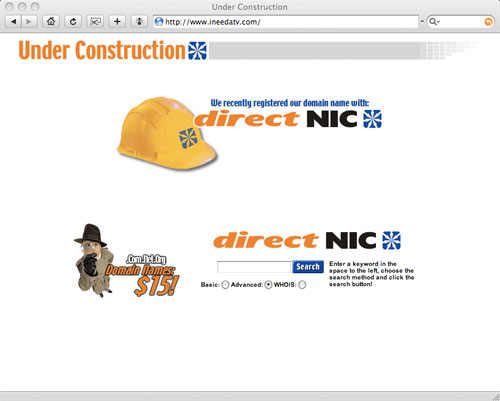Last year, American Airlines sued Google for permitting third parties to purchase keyword advertising on Google based on trademarks of American Airlines. Because the parties settled, Professor Eric Goldman suggested that Google may not have made any special concessions to American Airlines regarding the use of AA trademarks in keyword advertising. Professor Goldman added that American Airlines may have “completely wasted its time and money.”
I suspect that American Airlines must have wrestled something from Google, else why would it have sued Yahoo! last week for the same act?
I found the complaint to be humorous because American Airlines alleged that Yahoo! owns and operates one of the world’s largest Internet search engines, constituting a significant share of the search engine market. Yes, Yahoo! has 20% of the U.S. search market share, but it ranks a distant second to Google. Sort of like saying SanDisk is one of the world’s largest manufacturers of MP3 players. We’re not exactly talking about a photo finish here. Anyways, I’ll predict that this one gets settled fast now that Yahoo! has apparently pulled most of the sponsored results from appearing when conducting a search for various American Airlines trademarks.
